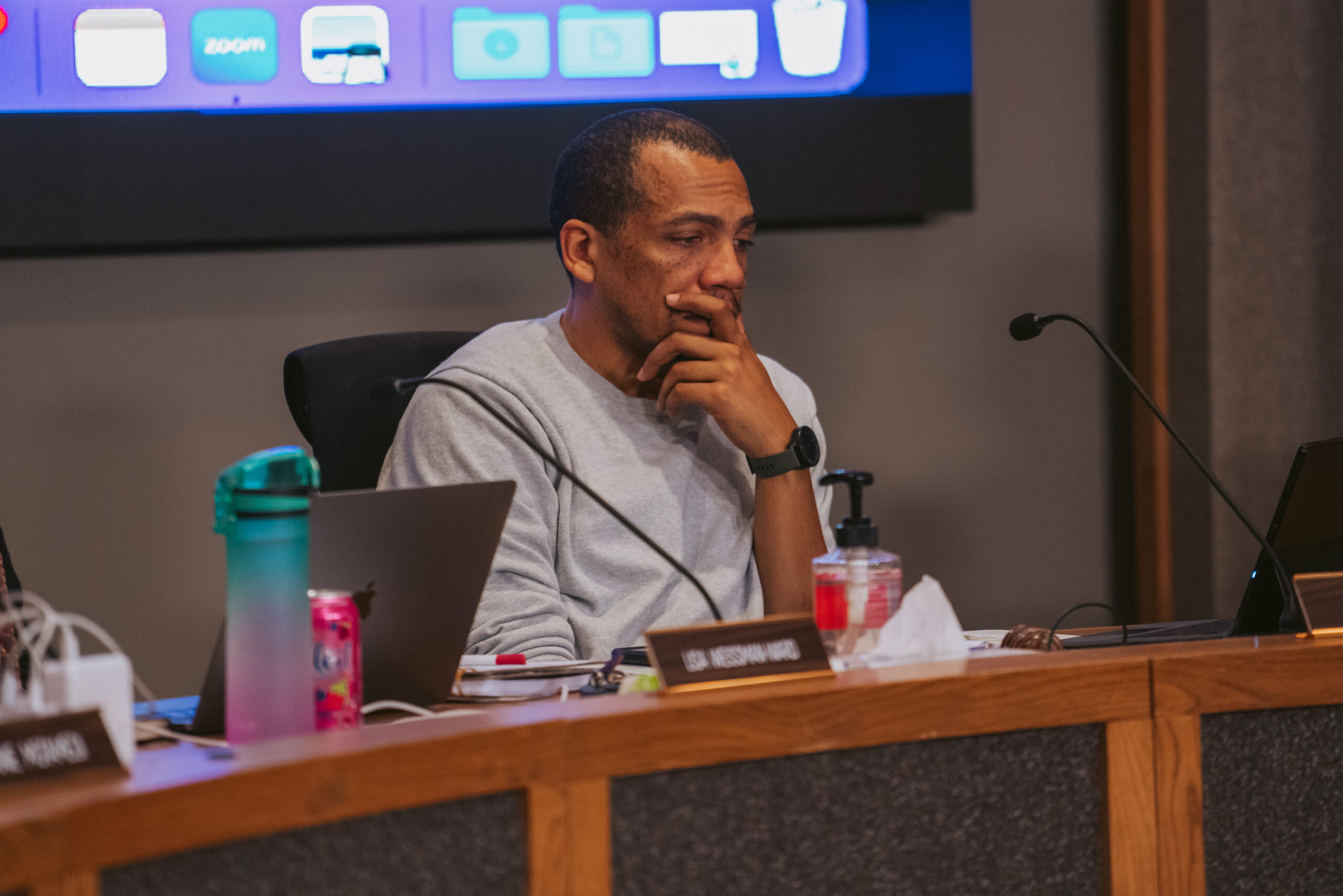The San Francisco School Board defended the practice of allowing school employees accused of sexual misconduct to quietly resign following an investigation by The Standard revealing several such occurrences in recent years.
Since 2017, the San Francisco Unified School District has allowed at least 19 employees to resign under settlement agreements amid allegations of misconduct, records obtained by The Standard show. Five of those employees allegedly had sexual contact with students. Other cases did not involve students, and seven of those records did not disclose what the employee was accused of.
Those resignation agreements, like other legal matters, are approved by the Board of Education in closed-door sessions. While one commissioner criticized the practice, other members characterized it as the best of bad options.
“What comes to us from staff is the recommendation that they feel will both protect the district’s financial interests and keep kids in our sights safe,” said Board President Kevine Boggess.
Board Vice President Lisa Weissman-Ward and Commissioners Jenny Lam and Lainie Motamedi declined to comment, deferring to Boggess as board spokesperson.
Commissioner Alida Fisher, who joined the board in January, said she hasn’t come across such agreements yet and is not very familiar with them. But she bristled at the thought of hiring someone who has done harm to children and potentially putting children in other districts in that situation.
“Just speaking philosophically, I don’t understand how we as a district could not share information and potentially put other students at risk,” Fisher said. “It flies in the face of our obligations. If the policies and practices aren’t what they need to be to protect children, we need to fix that.”
‘Institutional failure’
Boggess and Commissioner Matt Alexander said approvals of settlements generally incite lengthy conversations. They both said they trusted staff to make such a recommendation after exhausting other options and interviewing people over the course of an investigation.
However, Boggess did express discomfort with the practice. He said that it makes him sad that the school district is unable to “punish and enforce in a way that’s necessary.” To him, it begs questions around ensuring school sites aren’t conducive to this kind of behavior and having more adults to bolster student safety.
“Settlements in general represent institutional failure,” Boggess said. “If we’re dealing with an incident and a settlement, that means we missed something from the beginning that could have prevented this harm and that’s where we need to put our energy as much as possible.”
Alexander agrees that prevention is where more work needs to happen. He supports settlements, in general, when there are assurances from staff of accountability.
“A lot of it is about our legal system and people’s ability to sue,” Alexander said of settlements. “By the time [staff] brings them, it seems settlement is the best option, and they’ve really considered the factors around accountability as well. We thought we wanted to feel like there’s a sense of justice. That is the opposite our legal system often pushes us toward.”
Districts must report to the Commission on Teacher Credentialing when there is a change in employment in relation to allegations of misconduct. That, however, only applies to credentialed teachers, leaving a gap in flagging a record of sexual misconduct allegations against other workers.
Commissioner Mark Sanchez, a teacher and the longest-running board member, said it’s “very alarming” when matters of sexual misconduct come to the board.
“You’ll have a settlement where an employee agrees to leave the district and waive their right to pursue any legal action, yet they can go to another district,” Sanchez said. “It’s frustrating. We’re kind of boxed in.”
Sanchez also thinks there’s more to be done around prevention.
Internal guidance on maintaining boundaries with staff and students presented in October and obtained by The Standard listed examples of red flags: Singling out students for personal attention and friendships, terms of endearment or pet names, transporting students in a personal vehicle without proper advanced authorization in a nonemergency scenario, and touching students or inappropriate physical contact without an an educational purpose, such as hugs.
While all staff undergo training as mandated reporters and on sexual harassment, he thinks the district needs to be more explicit about what people cannot do.
“We assume, rightfully, that everyone knows that it’s not OK, but it’s happening,” Sanchez added.
